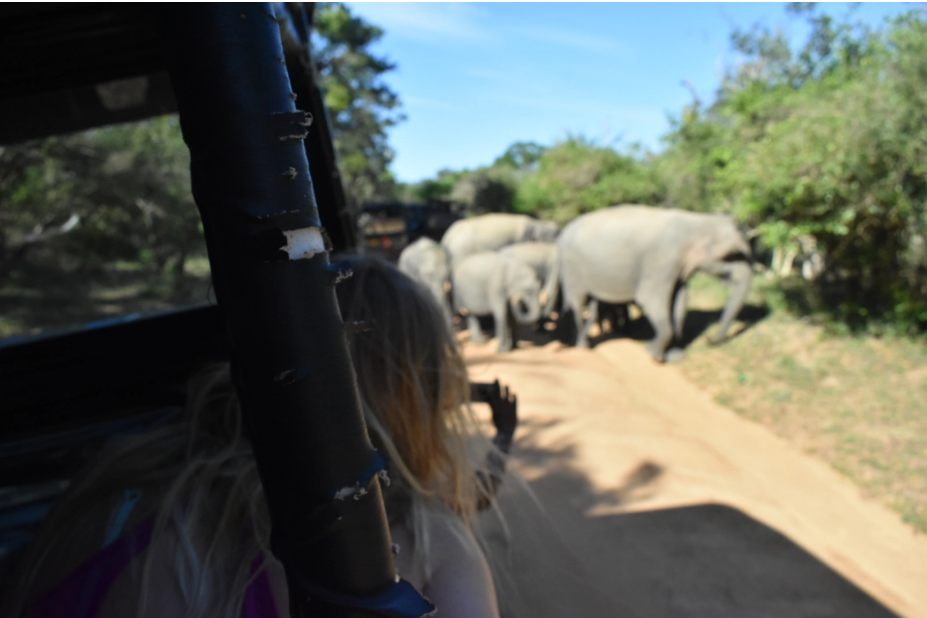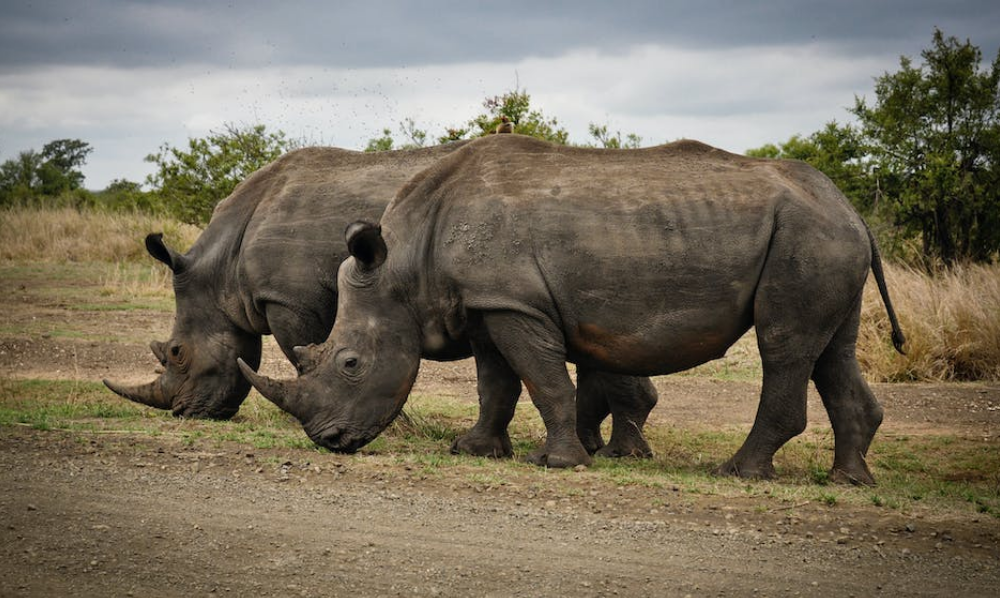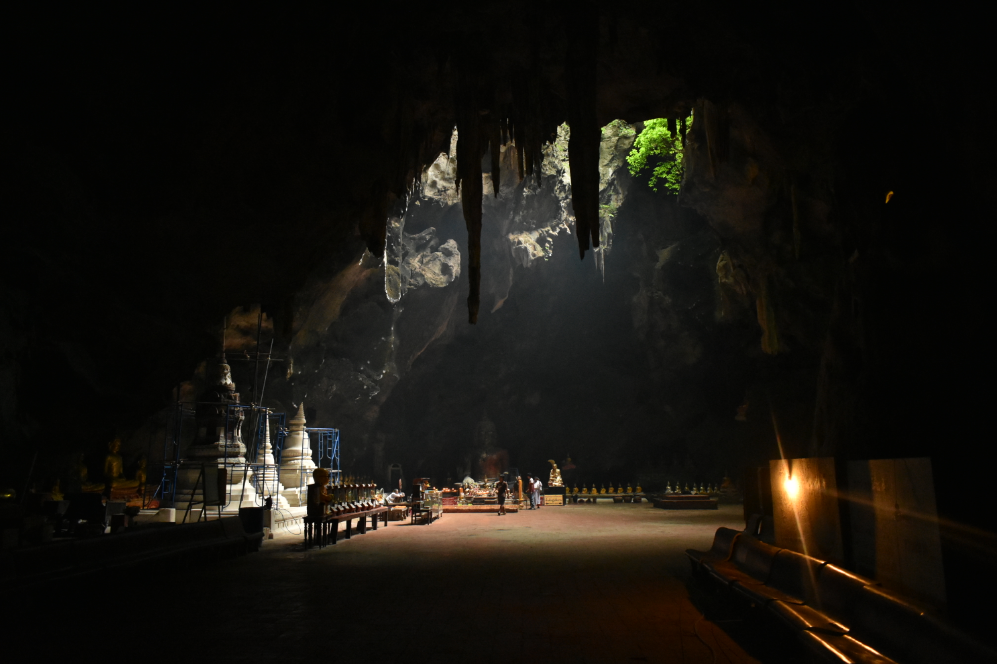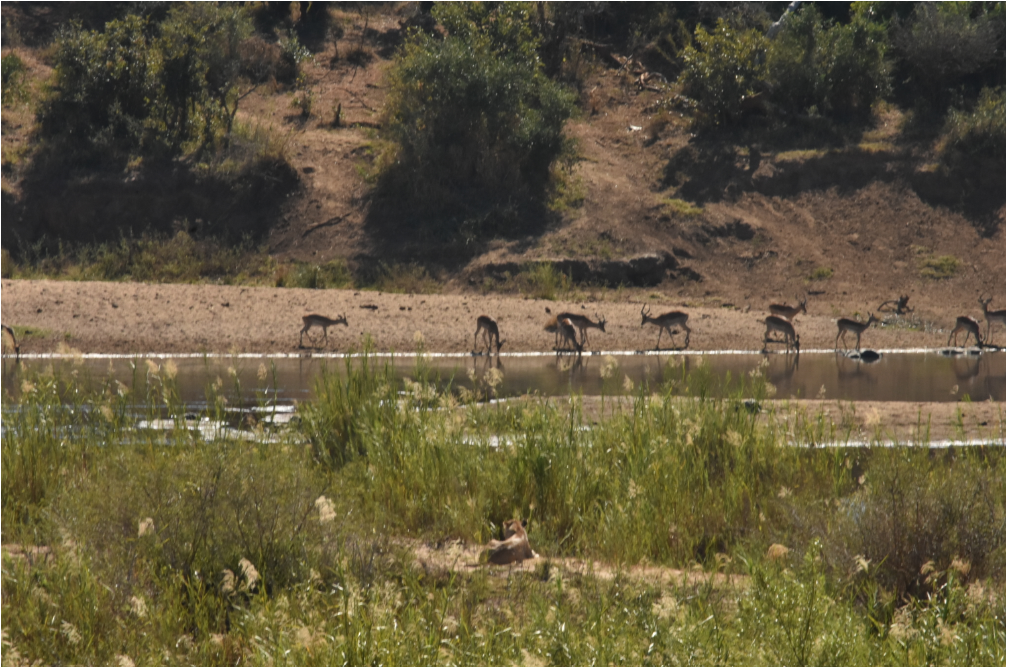
This blog is, as you may have guessed, dedicated to those who have an interest in wildlife and travel and want to get both done without running a hefty tab. Going on “safari” is viewed as non-negotiably expensive, which it is in some cases. With expenses definitely not limited to park fees pinned unto you by the authorities, the cost of getting supplies out there and the lack of public transport, it’s easy to see why. Yet, that mysterious group known as “they” said the same thing about travel itself at one point and how wrong they were. Even though budget wildlife travel hasn’t yet reached the here-to-stay nature of backpacker culture, the methods one can use to achieve it are definitely out there.
-Follow the rules of budget travel. This one is particularly important. Staying in hostels or guesthouses, eating and traveling the way locals do and keeping track of costs are no less relevant when traveling like this. In fact, this may be even more the case since…
-You might like to compensate for the times you went over your daily budget by bootstrapping when roosting in colonies of Homo Sapiens. It’s a simple fact that thanks to competition and logistics, major settlements are often cheaper to stay in than the wilderness.
-Cheap tour operators do exist. You’ve got to look for them, but they are out there. Expensive tours exist when operators go overboard with catering to the more hoitey-toitey side of creature comforts, or genuinely being cash grabbers, so shop around. Also, ask for a cost breakdown if you wish. In general, it’s cheaper if you only take a short tour to one single place at a time; doing anything involving country-hopping will be substantially more.

-If they don’t, see if arrangements can be made. You can try contacting local guides directly, or see if boatmen or taxi drivers would be willing to chauffeur you around. Often they will be willing to do so, if the price is right.
-Know what you want to spot. Where it lives, what it looks like, what time it’s risen and shone, how many folks have seen it recently; this is rather crucial for wildlife watching in general, and if it’s something big chances are you’ll need to take a guide or tour to spot it. For smaller things like birds, it’s much easier to do a ShoeSa if all that’s required is going to a reasonably accessible patch of greenery and wandering around until you find something.
-Find out what the gateway town is. National parks will often have a town beside them from which most tours leave or the aforementioned less formal arrangements become much easier. Also, these towns can be good places to return to sanity after roughing it.
-If going down the independent route, learn how to drive and pitch a tent. Very few national parks have dorms of any kind, offering only private rooms for lodgings, but many of them have huge camping grounds where the pitching fee costs bugger all in comparison to solid walls. Of course, it’s no good sleeping covered by a soggy canvas so learning how to pitch a tent properly is a must. In some national parks you can get around by hitchhiking and in a few there is public transport, but neither option is really convenient for spotting wildlife.
-Bring the right gear. I would say a camera with a decent lens is a must, even more so than binoculars since you can take a look at the shot and identify the subject later. A phone can be good for taking lists and (if you have data) looking up different animals. Of course, binoculars and a notebook definitely take the biscuit when plug sockets are unavailable.
-Consider carefully whether or not to hire a guide. In some cases, it’s essential, whilst in others it really isn’t, though hiring one does get you more insight and information into what you do see.
-Team up with other travelers. In some places, going on safari really is done on a charter basis and having someone to split the costs dramatically reduces them. On top of that, two pairs of eyes are better than one.
-If you can’t do this right away, find a mainstream location. Once again, the simple rules of competition apply, there is more chance tour operators will take on solo travelers due to the reduced risk that they’ll be alone and it becomes easier to meet your cost fodder new friends.
-Remember your manners and your safety. Respect local customs and culture, be respectful of the wildlife, take nothing but photos, leave nothing but footprints as the old saying goes, and don’t go looking for dangerous animals or venture into dangerous places without someone who knows what they’re doing (and chances are, your old friends Myself and I are no paddle when up excrement creek).
-Don’t go too cheap. Any operator who violates the previous tip should be avoided, for a start. Going on safari should never be to the detriment of the wildlife or those who would want to do so in the future. Additionally, because there are costs that no legitimate safari could avoid, going too low might be a scam.




